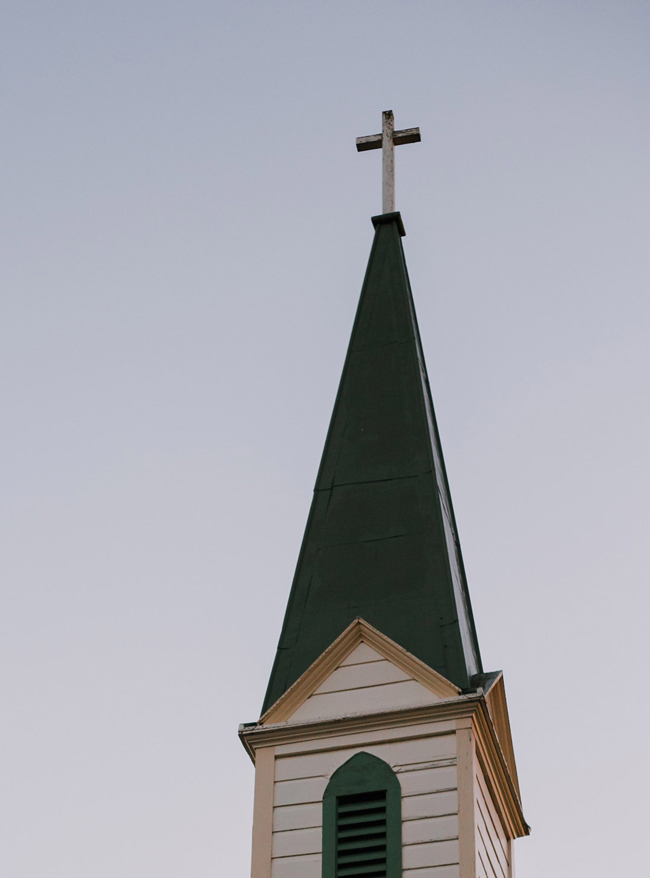
Your Church Matters. We Can Help.
The experienced religious land use and zoning attorneys of Dalton & Tomich, PLC will defend your church’s right to grow and to worship freely so your organization can thrive. We have helped many churches across the country grow and expand by overcoming zoning barriers.
It happens more often than religious groups realize. You purchased land with the intention of using it for a church, but the local government denied you the ability to use the land for religious assembly due to zoning issues.
What can you do?
Dalton & Tomich can guide you through the complicated zoning process. If you are having difficulty securing permits and approvals needed for your church, there may be a religious protection act or federal law that can help. Don’t let a local government denial deter your church’s good work. We can help you overcome design requirements, zoning issues, and many other land use disputes.

If your church is seeking to expand or add to existing structures and you are facing opposition from a local governing body, you have options. There are laws that may give you the right to use the land for a church, even if local entities are against the project. Our success before local administrative bodies and in federal court has enabled churches to pursue their missions, acquire new property, expand existing buildings, and complete new construction projects. In addition to zoning approval, we have helped clients recover monetary damages, attorney fees, and injunctive relief, allowing you to secure the permits for church construction.
Our cases often involve a church's rights under:
- The Free Exercise Clause of the First Amendment
- The Equal Protection Clause of the Fourteenth Amendment
- The Religious Land Use and Institutionalized Persons Act (RLUIPA)
GET YOUR FREE RLUIPA GUIDE
This FREE guide will help you understand your rights, navigate your options and understand the process for what happens next.
Church Land Use and Zoning Legal Services
- Church construction approvals
- Church design requirements
- Church space requirements
How we help you fight for the right to use your land
From the onset of engagement, our top priority is to fully understand your objectives and identify any barriers preventing your church from achieving its goals. If a planning commission denies your church construction project, you may have to take legal action. It is a long process that can involve numerous parties, experts, documentation, and more. Our team provides a complete range of legal services for your church. We will:
- Work to secure necessary approval or denial from the local planning commission or administrative body
- Assist in navigating the administrative process
- Support your case in court by finding expert witnesses
- Collect all the evidence and facts that prove your case
- Collaborate with you to prepare and finalize pleadings
- File a Motion for Preliminary Injunction if there’s an opportunity to do so
- Pursue settlement if it’s in the best interests of the members of your church
- Keep you updated on the progress of the case as we move through the process
Experience counts in religious land use and zoning matters
Church leaders and their congregations benefit from the experience of our nationally recognized religious land use and zoning attorneys. We have more than a decade of experience and a proven track record of success.
One recent church land use case that grabbed national attention was that of North Vineyard Church in South Hackensack, New Jersey. The case was highlighted by The Atlantic magazine. Working closely with the church pastor to overcome discrimination on the part of the local community, we were able to secure a resolution that enabled the construction of a 717-seat sanctuary critical to the Church’s growth and mission.


Frequently Asked Questions
What is RLUIPA?
RLUIPA is the Religious Land Use and Institutionalized Persons Act. It is a religious protection act ensuring local governments can’t discriminate against churches through land use and zoning laws.
What if RLUIPA doesn't apply?
Many other claims can be raised to support local church construction in a land use dispute. This includes claims under the First Amendment Free Exercise Clause, the Free Speech or Assembly Clauses, and the Fourteenth Amendment Equal Protection Clause.
The facts of your case may bring other federal statutes into play as well. These additional laws could include the Fair Housing Act and the Americans with Disability Act, as well as state constitutional and statutory provisions. We evaluate each claim independently to determine the best strategy in moving forward so that you can succeed at trial.
For more on the question of what happens when RLUIPA doesn’t apply, watch our “What if RLUIPA doesn’t apply” video.
What type of land use is a church?
Churches can be established in a variety of zones. At one time, churches could easily exist in a residential area, but that isn’t the case today. Often churches are in commercial or institutional zones. Remember that church zoning often comes with special use permits to build or expand a church. RLUIPA and the First Amendment limit the way local governments can restrict churches.
What rights do religious institutions have in religious land use and zoning disputes?
Religious entities have the same right to be treated fairly and equally in all zoning and land use matters as secular assembly uses. Local governments that discriminate against churches and other religious institutions often violate RLUIPA and the United States Constitution.
What can I do if my church zoning request is denied by the planning commission?
Our video on what to do in the case of a zoning denial is the resource you need. The first step is to see if there are any potential internal appeals in the zoning code. If there are no internal appeals available, and if the facts of your case or the language of the zoning ordinance give you the ability to challenge the denial, you can file suit in state or federal court asserting a just cause of action under RLUIPA.
We are happy to help in these matters. Please don’t hesitate to contact us if you have any questions.
What do I need to know about conditional use permits and religious institutions?
Conditional use permits permit religious use in the zoning district, but it’s not considered a right. In order to get the conditional use permit, the applicant has to meet certain requirements specified by a local governing agency.
How long will my religious land use and zoning case take?
Generally, the time frame from filing suit until you have a trial date is 18 months. The 18 months will be challenging and unpredictable. Litigation is akin to riding a rollercoaster – there are high points and low points, but not many level points. Much of the case depends on factors out of your control. The judge assigned to the case tremendously impacts how the case proceeds. The law changes as well. Simply put, there are no guarantees.
How much will litigation cost my church?
Litigation can be very difficult, and it is nearly impossible to determine upfront what the economic and non-economic costs might be. Much of the answer depends on the response from the other side of the case.
While we cannot tell you how much a case may cost, we can tell you (based on our extensive experience) the anticipated cost of cases moving forward. We understand that considering potential costs and all the other factors that go into choosing an attorney can be frustrating. We will work with you to alleviate that frustration, taking the time to understand your needs so we can help you determine your budget and the scope of services that will give you the best value for your money. We enjoy working with clients to formulate cost-effective and creative solutions so you can make the right choice.
For more information, view our video on the time and expenses for a typical religious land use case.
